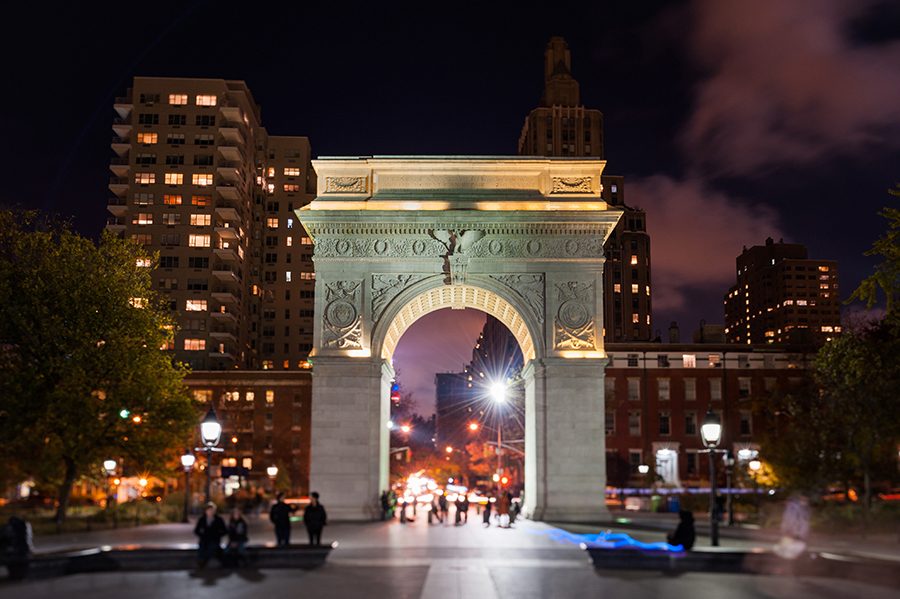A progressive papacy in a conservative institution
September 23, 2015
Pope Francis is visiting the United States, drawing enormous crowds in Washington, D.C. before he visits New York City on Friday. In his first visit to the country, the Pope met with President Obama and is set to address Congress today. While many Catholics have claimed that the Pope’s progressiveness has renewed their faith, we must remember that the Vatican and the Roman Catholic Church are conservative institutions. The Pope is only one man, and he can only do so much against years of the embedded conservative doctrine of the Church.
Francis, formerly known as Father Jorge Mario Bergoglio, hails from Buenos Aires where he witnessed first hand the poverty that gripped Argentine slums. During his tenure as Pope, he has taken stances against income inequality and trickle-down economics. He also issued a lengthy encyclical on climate change, and he regularly tweets his views on issues such as the environment and the European refugee crisis. Yet, for all his posturing on economics, the Pope still remains vague when discussing social issues. For instance, while he has slightly opened the door to greater acceptance of homosexuality within the Church, he has not committed to truly supporting the LGBTQ community. Additionally, he has failed to address the history of child abuse within the Church that plagued his predecessors.
For all the good that Pope Francis has done, he is still operating within the confines of one of the most conservative institutions in the world. Any time the Pope takes a significant step towards progressivism, he receives serious backlash from numerous officials within the Vatican. His suggestions that gays and lesbians could make valuable contributions to the Church and that atheists are forgiven by God were met with severe opposition from prominent Catholic church officials. His recent encyclical on climate change is getting an icy reception among church leaders in the United States, not a promising indication for his future progressive endeavors. While the Pope can make all the radical statements he wants, if he doesn’t have the support of the bishops and cardinals that comprise his institution, he can never create true reform.
The Pope deserves a lot of credit for the character that he has established, going against the grain on many traditionally Catholic positions. But the fact of the matter is that his primary duty is to the Roman Catholic Church as an institution, and institutions — particularly those whose members are numerous and diffuse — are slow to change. Ultimately, Pope Francis is an aberration, a lone progressive voice in a sea of bishops and cardinals who, if recent history is any indication, will not echo his beliefs and concerns. It would be naive to think that the Pope’s rhetoric will directly affect the conservatism of the Church as a whole. Without a larger sea change in Catholic opinion, the Pope’s progressiveness will come to nothing.
Email the WSN Editorial Board at [email protected].
























































































































































